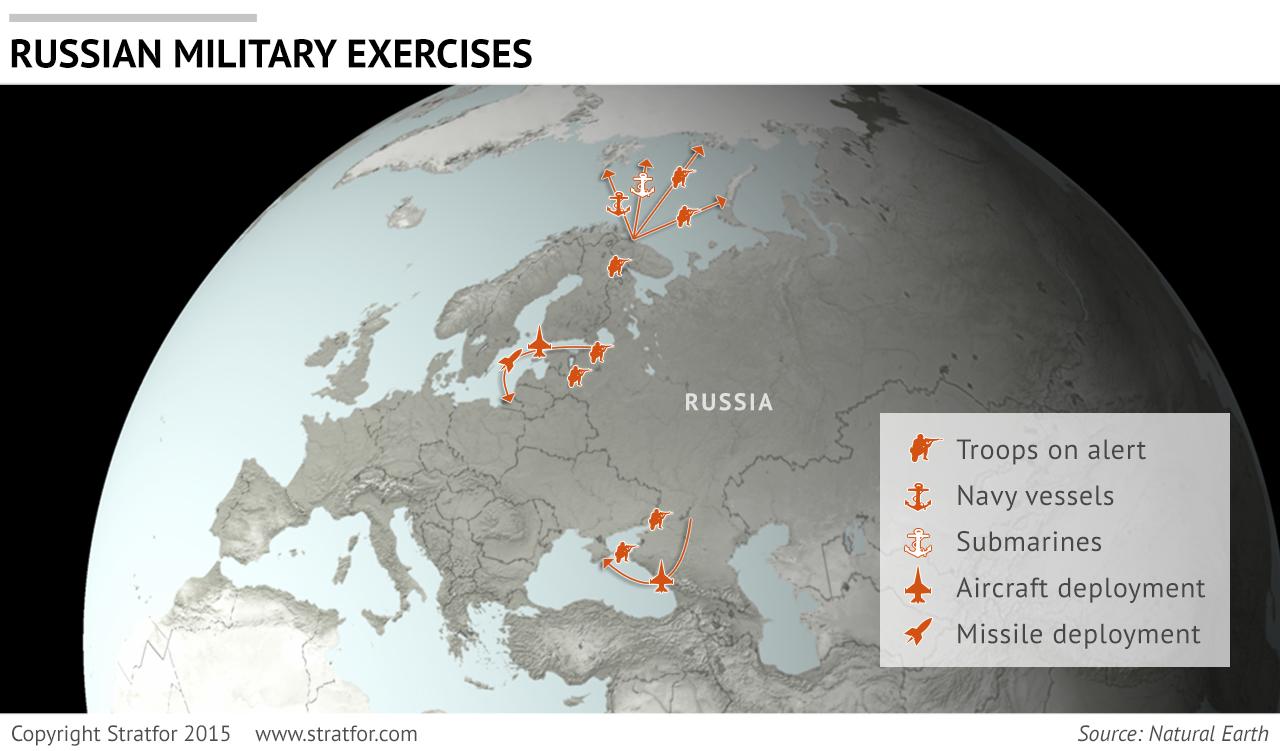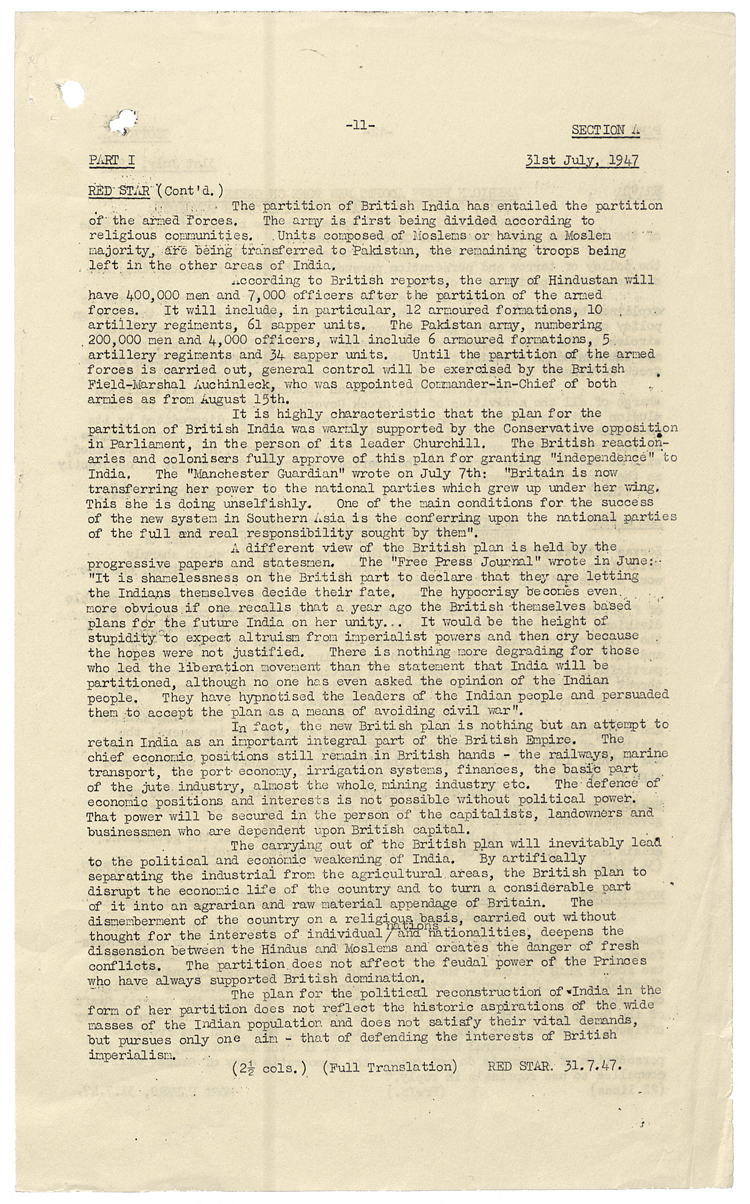Why Middle Managers Are Crucial For Company Success And Employee Well-being

Table of Contents
The Bridge Between Leadership and Employees
Middle managers are the essential communicators, translating complex company strategies and leadership visions into actionable goals for their teams. They act as a vital bridge, ensuring information flows effectively in both directions. This two-way communication is crucial for a healthy and productive work environment.
- Communicating organizational vision and goals: Middle managers break down complex, high-level strategies into digestible pieces that frontline employees can understand and work towards. Effective communication ensures everyone is aligned with the company's overall objectives.
- Translating complex strategies into manageable tasks: They take broad strategic directives and translate them into specific, measurable tasks and deadlines for their teams. This ensures clarity and focus, avoiding confusion and misdirection.
- Providing regular feedback and updates from leadership: Middle managers keep their teams informed about company progress, changes, and future plans, minimizing uncertainty and fostering a sense of belonging.
- Acting as a conduit for employee feedback to senior management: They are a critical feedback mechanism, gathering insights and concerns from their teams and relaying them to upper management. This ensures that employee voices are heard and considered in decision-making processes. This effective communication fosters a strong and healthy feedback loop.
Effective communication, strategic implementation, and a robust feedback mechanism are the hallmarks of successful middle management.
Fostering Employee Engagement and Well-being
Effective middle managers significantly impact employee morale, productivity, and retention. Their leadership style directly influences the overall workplace culture and contributes to a positive and supportive environment.
- Mentoring and coaching team members: They provide guidance, support, and opportunities for professional growth to their team members, fostering a sense of development and value.
- Creating a supportive and inclusive work environment: By promoting collaboration, respect, and open communication, middle managers foster a positive and inclusive workplace where everyone feels valued and respected.
- Addressing employee concerns and resolving conflicts: They proactively address issues and concerns, mediating conflicts and fostering a fair and just work environment. This directly contributes to employee well-being.
- Recognizing and rewarding employee contributions: They acknowledge and celebrate successes, boosting morale and reinforcing positive behaviors. This contributes to increased employee motivation and retention.
- Promoting work-life balance and employee well-being initiatives: They advocate for policies and practices that support employee well-being, promoting a healthy balance between work and personal life.
Team building, conflict resolution, and a commitment to employee well-being are key components of effective middle management. Strong employee morale directly translates into higher productivity and lower turnover.
Driving Company Performance and Productivity
Strong middle management directly contributes to achieving company objectives. They are the engine room of productivity and efficiency.
- Improving team efficiency and productivity: Through effective task delegation, process optimization, and resource management, middle managers enhance team productivity.
- Monitoring progress toward goals and identifying areas for improvement: They consistently track progress, identifying bottlenecks and areas needing attention to ensure projects stay on track.
- Implementing best practices and innovative solutions: Middle managers encourage the adoption of best practices and the exploration of innovative solutions to enhance efficiency and performance.
- Ensuring accountability and performance management: They implement clear performance expectations and provide regular feedback, fostering accountability and driving performance improvement.
- Contributing to a culture of continuous improvement: They foster an environment where learning, adaptation, and continuous improvement are encouraged and rewarded.
Goal attainment and team efficiency are significantly influenced by the competence and leadership of middle managers. Productivity improvement is a direct outcome of their efforts.
The Importance of Investing in Middle Management Development
Investing in middle management training and development is crucial for maximizing their effectiveness and contribution to the company's success. This investment pays significant dividends.
- Leadership training programs: These programs equip middle managers with advanced leadership skills, enabling them to lead and motivate their teams more effectively.
- Communication skills workshops: Improved communication skills are essential for effective information dissemination and feedback mechanisms.
- Conflict resolution training: Training in conflict resolution techniques equips middle managers to handle disagreements constructively, maintaining a harmonious work environment.
- Mentorship programs for aspiring middle managers: Mentorship provides valuable guidance and support for those aiming for middle management roles, ensuring a steady pipeline of talent.
- Performance reviews and feedback mechanisms for improvement: Regular feedback ensures continuous growth and development, maximizing their potential.
Leadership development, management training, and skill enhancement are vital components of a successful middle management strategy. Talent management starts with investing in your existing middle managers.
Conclusion
Effective middle managers are not just a layer of management; they are the cornerstone of a successful and thriving organization. They bridge the gap between leadership and employees, fostering a positive work environment, driving company performance, and ensuring accountability. Investing in the development and training of your middle management team is an investment in your company's future. Invest in your middle managers today and unlock the full potential of your company and your employees. Discover how effective middle management strategies can transform your organization.

Featured Posts
-
 Analyzing Russias Military Activities And Their Impact On Europe
Apr 29, 2025
Analyzing Russias Military Activities And Their Impact On Europe
Apr 29, 2025 -
 Gaza Crisis International Pressure Mounts On Israel To End Aid Blockade
Apr 29, 2025
Gaza Crisis International Pressure Mounts On Israel To End Aid Blockade
Apr 29, 2025 -
 Jan 6 Hearing Star Cassidy Hutchinson Announces Fall Book Release
Apr 29, 2025
Jan 6 Hearing Star Cassidy Hutchinson Announces Fall Book Release
Apr 29, 2025 -
 Trumps Transgender Athlete Ban Minnesota Under Fire From Us Attorney General
Apr 29, 2025
Trumps Transgender Athlete Ban Minnesota Under Fire From Us Attorney General
Apr 29, 2025 -
 Tariff Uncertainty Drives U S Businesses To Cut Costs
Apr 29, 2025
Tariff Uncertainty Drives U S Businesses To Cut Costs
Apr 29, 2025
Latest Posts
-
 Understanding The Russian Militarys Actions And Europes Response
Apr 29, 2025
Understanding The Russian Militarys Actions And Europes Response
Apr 29, 2025 -
 Russias Military Posture A Growing Threat To European Stability
Apr 29, 2025
Russias Military Posture A Growing Threat To European Stability
Apr 29, 2025 -
 Exclusive Technology Huaweis New Ai Chip Aims To Disrupt The Nvidia Monopoly
Apr 29, 2025
Exclusive Technology Huaweis New Ai Chip Aims To Disrupt The Nvidia Monopoly
Apr 29, 2025 -
 Magnificent Seven Stocks A 2 5 Trillion Market Value Loss Analysis
Apr 29, 2025
Magnificent Seven Stocks A 2 5 Trillion Market Value Loss Analysis
Apr 29, 2025 -
 Analyzing Russias Military Activities And Their Impact On Europe
Apr 29, 2025
Analyzing Russias Military Activities And Their Impact On Europe
Apr 29, 2025
